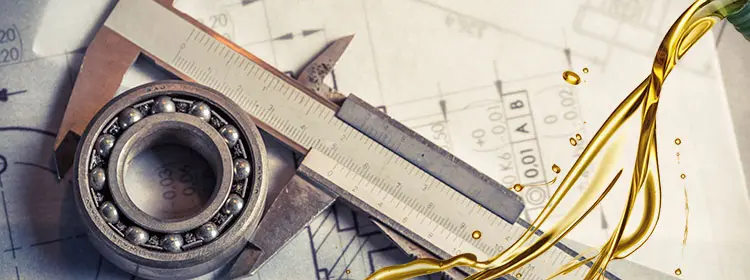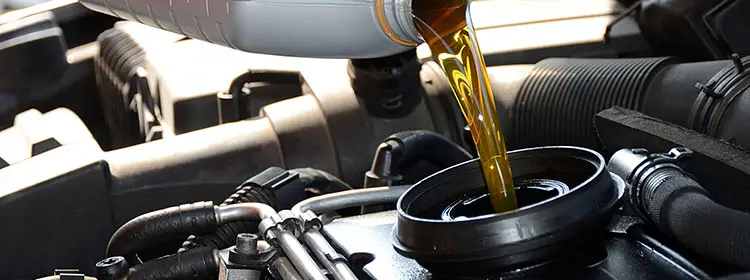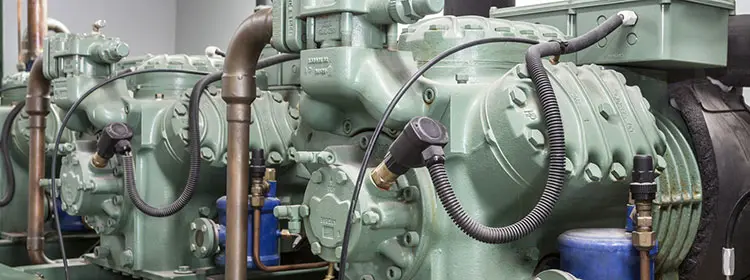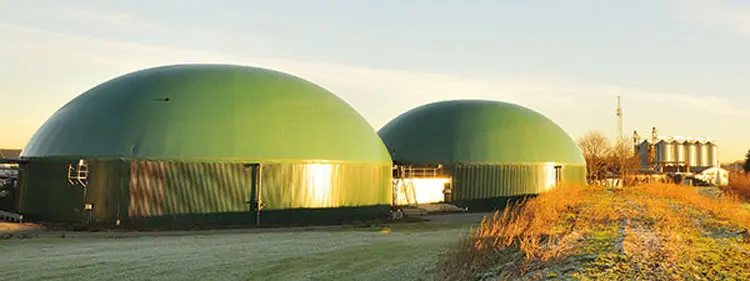Lubricant knowledge for designers: Efficient machine elements through optimal lubrication
Machine elements are the core of every machine and system. While designers are increasingly calculating and optimizing the mechanical properties and lifespan of these components precisely, another factor is gaining more and more importance: the lubricant. He is no longer just a consumable, but an integral part of the construction, which significantly influences the function, reliability, and service life of machine components.
In our seminar ‘Machine Element Lubricant – Know-how for Designers’, we impart comprehensive knowledge about the functioning of lubricants, the technological properties of base oils and additives, as well as their practical significance for various applications. You learn to interpret lubricant data sheets and standards correctly and to define the requirements of your machine precisely. This way, you can integrate lubricants early into the design process and take full advantage of modern lubricant technology.
This seminar is specifically aimed at designers and mechanical engineers who want to expand their knowledge in the area of lubricants and thereby sustainably improve the performance of their machine elements. Take the chance to anchor lubricant knowledge as a fundamental part of your design work and thereby significantly increase the efficiency and lifespan of your machines.

- Understanding how lubricants technically work and what role they play in construction
- Recognize and evaluate the differences between mineral oils and synthetic oils.
- Knowledge of the various types of additives and their areas of application
- Understanding the significance and relevance of lubricant specifications
- Weighting of key figures in relation to individual applications
- Overview of standardized lubricant types and specifications
- Practical and comprehensive definition of lubricant requirements
- Selection of lubricants based on checklists and practical examples
- Development and integration of lubricant recommendations in operating instructions
- Important information on the safe handling of lubricants in the workplace
- Opportunities and challenges in the creation of proprietary lubricant standards
- Dealing with water and air ingress in oil
- Identify influencing factors on the lifespan of lubricants.
- Determination of oil change intervals based on sound criteria
- Methods for oil monitoring through analysis and sensor technology
- Assessment of the miscibility and compatibility of different lubricants
- Correct procedures for oil changes, including flushing and handling cleaners

- Development engineers
- OEM and component manufacturers
- Design and technical documentation experts







